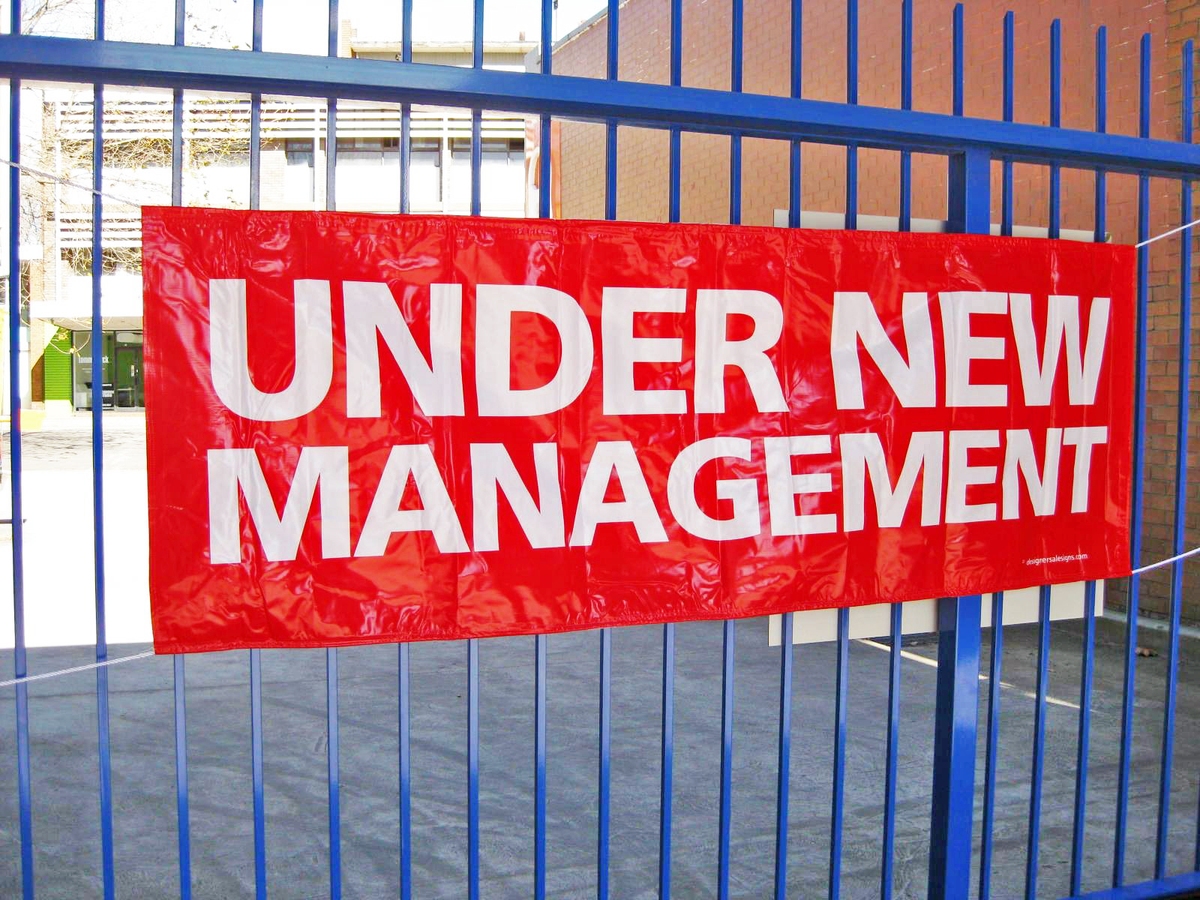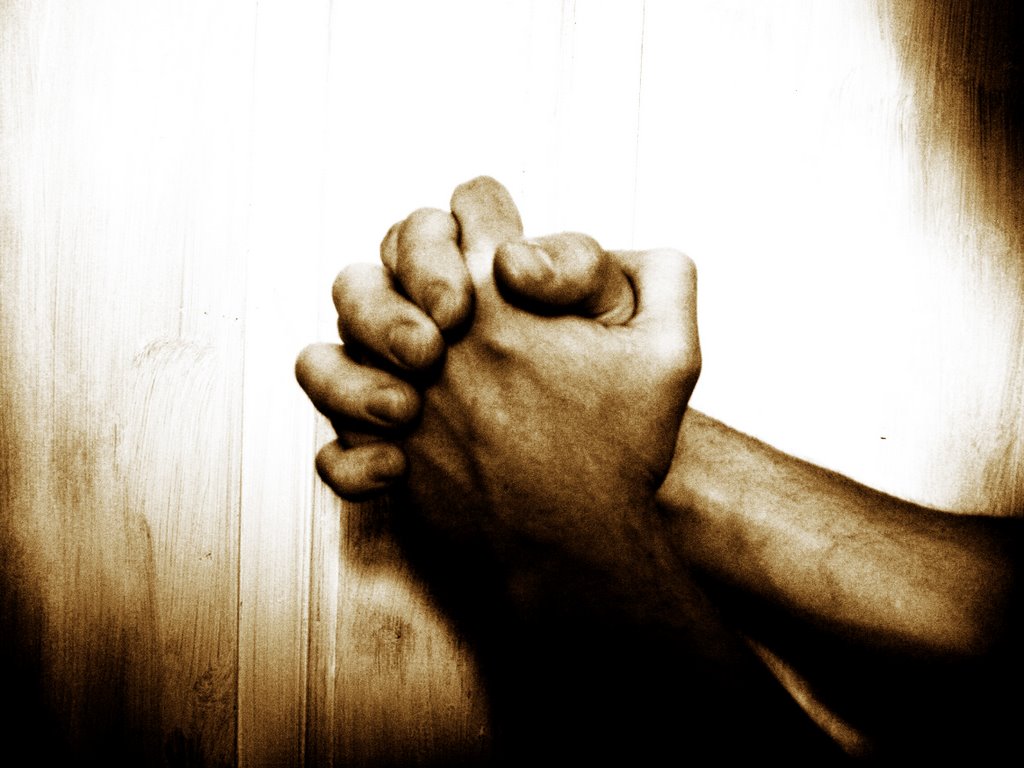 TC's Guidelines and Principals for Life #6: "Forgiveness is the core of Christianity."
I've read several books in the last year plus that have talked about handling hurt and forgiveness.
TC's Guidelines and Principals for Life #6: "Forgiveness is the core of Christianity."
I've read several books in the last year plus that have talked about handling hurt and forgiveness.
No Freedom Without Forgiveness by Desmond Tutu talked about post apartheid South Africa.
Evil and the Justice of God by N.T. Wright dealt with theodicy - the discipline of explaining the existence of evil in light of an omnipresent, omnipotent and omniscient God, which delves quickly into the reality being hurt and offended in this life.
Exclusion and Embrace by Miroslav Volf, a Croat who wrote with a context of the brutal warfare his country engaged to examine how we can create true community with one another.
Out of these texts, one of the most sticking take away point was this: that the defining characteristic of Christianity is the call to love one's enemy.
“You have heard the law that says, ‘Love your neighbor’ and hate your enemy. But I say, love your enemies! Pray for those who persecute you! In that way, you will be acting as true children of your Father in heaven. ~Jesus (Matthew 5:43-45)
We live in a world of hurts, both great and small on a daily basis. You were out of milk for cereal this morning. You were cut off in traffic. Your boss/teacher criticized you in front of your peers. A rumor was started about you on social media.
Or maybe worse is going on. You're being abused. You were attacked. You've been robbed.
Our normal way of handling the feelings and frustration and injustice of these situations is to either pay it back upon our offender, or, when that isn't possible, to look for other ways we can vent our anger.
Often, this means we lash out at others who most likely had nothing to do with what wounded us. That's our nature. "Misery loves company" the saying goes.
When I have been hurt, if I cannot demand justice from the perpetrator because I don't know who they are, or they are too strong for me to hurt in the manner that I was hurt, then I will visit my pain on others. At least then others have to deal with my same issues and I can find shallow comfort in that.
When I was a child, I was taught that we should treat others the way we wish to be treated. My problem with this system was that a person who did not follow it would never be punished. I decided that the buck would stop with me. If somebody was being mean or selfish, I would give them a taste of their own medicine.
While my solution was foolish (I did mention I was a child, right?), I believe my logic still stands.
But Jesus answered this question in a different manner. He saw that at some point the tally sheet must balance. And instead of giving back to each person what they have stored up (though that will happen one day), at this time, he would stop the cycle of hurt and blame and offense and anger by failing to reciprocate it.
On the cross, his reaction was to forgive those who had hurt him (Luke 23:34).
By breaking the cycle of violence, and indeed offering forgiveness, he gave everyone an exit from the perverse merry go round of injustice.
That is why Jesus not only calls us to be willing to carry a cross, but he goes even further to say this:
"If you refuse to take up your cross and follow me, you are not worthy of being mine." (Matthew 10:38)
If you can't make the choice to break the cycle of repaying hurt for hurt, you aren't able to build his kingdom. It would be impossible.
If you wish to follow Jesus, loving your enemy isn't optional. It's is absolutely central.
For that is what God did for each and every one of us.
Here's how Paul put it: "But God showed his great love for us by sending Christ to die for us while we were still sinners." (Romans 5:8)
If we wish to belong to God's kingdom, loving our enemies is not optional. Jesus wasn't making a nice suggestion or stating a hyperbole.
The message of the cross is this: God forgave you, now go forgive others.
When Peter bluntly asked Jesus how many times he had to forgive in Matthew 18, Jesus' response was essentially 'Don't stop forgiving'. Because when we stop forgiving others, we ourselves stop receiving it. (That's a pretty scary thought, right?)
That point, when you're no longer willing to carry a cross, is the point at which you can no longer follow Jesus. That doesn't mean he doesn't love you. I'm not going to talk about whether that affects your eternal destiny, because that is secondary.
If you're not following Jesus, you're missing out on what God has for you right here and right now.
Let us be careful each day to forgive. Not to become foolish doormats. If you're being abused, seek safe refuge. If you are attacked for a reason other than your faith in Jesus, seek responsible defenses.
But let us never stop offering the forgiveness that none of us deserves to those who have harmed us. In doing so, we expand God's Kingdom in a way that no violence could ever stop it.
___________________________________________
35@35 is a blog series by Thomas Christianson which involves 35 blog posts in 2014 on 35 things he has learned at the age of 35.
























